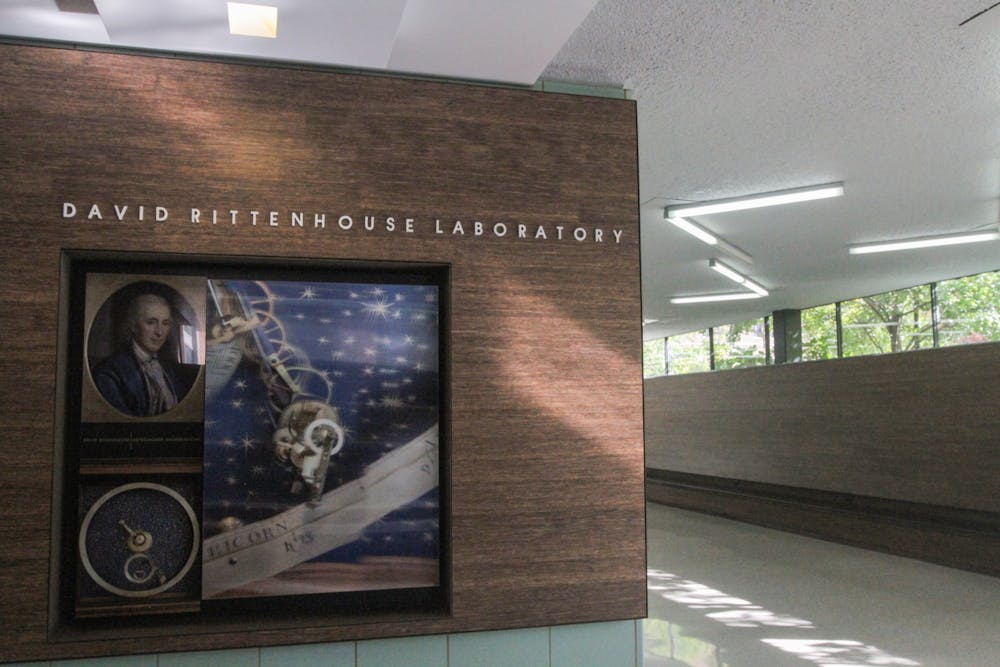
Exams are inevitable during the college experience. The panic they cause is also inevitable; just hearing the word can cause stress in us students. They’re often one of the first things that we look for when checking out a class syllabus, and they have caused many sleepless nights for myself and others.
Based on how Penn allows professors to structure their midterms or regular exams, it can become overwhelming when students have exams every week for, sometimes, several weeks. This period can even last for most of a semester, depending on how many classes a student is taking and how each professor administers their exams.
However, by designating certain time periods within each month to allow for exams, some of this stress can be alleviated — or at least more concentrated — in order to better support students.
At this time, the only exam period that is set during a specific slot is finals. This time frame is very often the most stressful portion of a semester. While this period is understandable, I think there are ways to apply it to the plethora of midterm exams that are scheduled across the University’s courses.
In all honesty, the idea is quite simple. There should be a designated week or two per month, where professors are allowed to schedule their exams. A system like this would be a little niche, and would certainly need some tweaking, but the potential benefits for student health is the most important factor to consider.
Adding these periods would definitely alter the itinerary of professors. There’s no denying that this places a restriction on professors in terms of when they are allowed to schedule exams. It would lead to many professors needing to adjust their curriculum in some fashion. However, by providing multiple single weeks for these exams to take place, it provides some flexibility for professors while still prioritizing the space needed in between exam periods.
To that end, there are benefits for both professors and students, as workloads and curriculums could be managed more effectively across the board. By having these set blocks for exams, professors can alternate between regular work and study periods, while students will not be forced to cram for some exams while having to complete normal class work as well.
This style of exam scheduling also eliminates the mind-numbing and stress-inducing facet of multiple-week-long stretches of exams. While having multiple exams in a week is still going to be stressful, it’s arguable whether or not it is actually worse than continuously having exams weekly without the breaks needed in between.
However, with scheduled exam periods, the University can better accommodate students as a whole. Expectations would be tempered from both professors and clubs, as the potential stress from exam weeks would be easier to acknowledge with a campus-wide exam period as opposed to trying to appeal to individual schedules.
Clubs, in particular, would be able to work around the scheduled exam times when scheduling meetings and activities, or even provide study breaks for students.
Speaking of breaks, that leads directly into the biggest issue with the current exam scheduling model. We, as students, should not be forced to spend our breaks — whether that be fall, spring, Thanksgiving, or anything of the sort — frantically studying to prepare for an exam that is scheduled for the day or week after break ends. It completely defeats the purpose of a break by forcing students to overwork themselves during our much needed time off. By not allowing exams to be scheduled during the week before or after the break, we are given the opportunity to rest and recharge as students so desperately need.
This is not to say that we should not be expected to do any work over break, but there’s a substantial difference between completing a few readings and studying a half-semester worth of material.
It is also worth noting that it is still highly possible that this either does not alleviate exam stress, or it could heighten it even more. But having multiple periods spread throughout the semester should help relieve some of the stress, and the time in between exam periods should definitely be a little more relaxing as opposed to the constant stress that can be a side effect of long stretches of exams.
At the end of the day, the ultimate goal should be to reduce stress for students. By placing a limit on when professors can schedule exams, there should be fewer overall issues with student workload, and there may even be a better system for work-life balance, something that so many struggle to achieve.

ANDREW STRATTON is a College junior studying political science and journalistic writing from Nanticoke, Pa. His email is ars1027@sas.upenn.edu.
The Daily Pennsylvanian is an independent, student-run newspaper. Please consider making a donation to support the coverage that shapes the University. Your generosity ensures a future of strong journalism at Penn.
Donate







